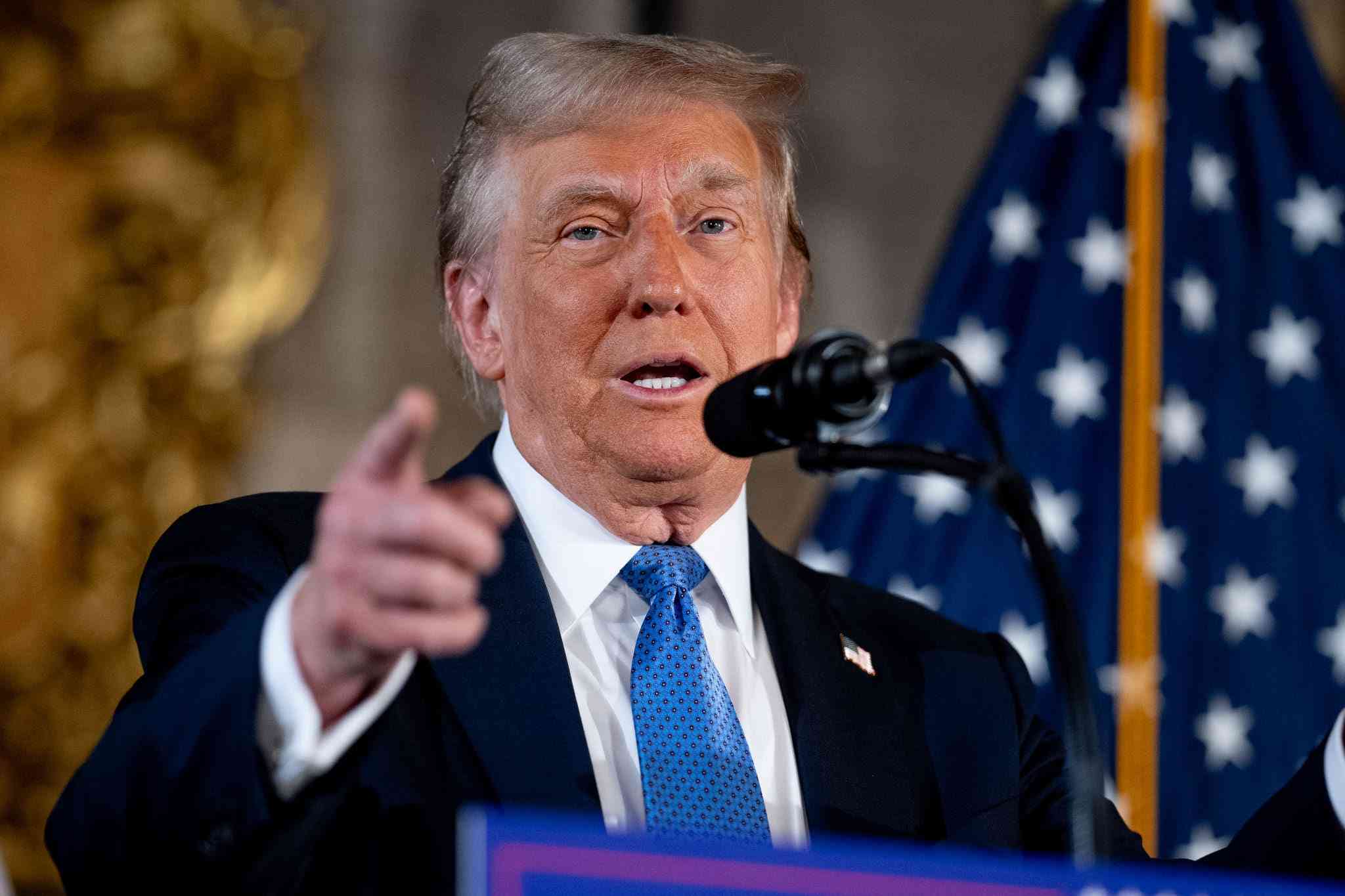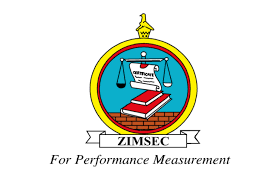
IN a decision that has sent shockwaves around the world, US President Donald Trump recently signed an executive order suspending foreign development assistance for 90 days.
As one of the largest donors of foreign aid, the United States has long been a crucial partner in supporting various developmental programmes across the globe, including Zimbabwe.
The decision to pause the assistance raises important questions about the future of these programmes, which have made a significant impact on the country’s most vulnerable communities.
For rural areas like Gokwe Nembudziya, this shift in foreign aid could have serious consequences, particularly for women and children who rely on the support provided by US-funded programmes. While the suspension presents immediate challenges, it also offers an important opportunity for Zimbabwe to rethink its development strategy and move towards greater self-reliance.
Importance of US aid in rural Zimbabwe
For many Zimbabweans, especially those in remote villages like Gokwe Nembudziya, foreign aid has been a lifeline. US assistance through initiatives like the President’s Emergency Plan for Aids, USAid and other humanitarian programmes has funded critical healthcare, education and food security projects.
In Gokwe Nembudziya, where poverty runs deep, US aid supported healthcare programmes that provide vital services such as maternal healthcare, vaccinations and HIV/Aids prevention. Women and children, who are often most vulnerable, have greatly benefited from these programmes. Without US funding, many of these services could face disruptions, putting lives at risk. Women who rely on maternal health services could see their access to prenatal and postnatal care limited, while children may miss out on essential vaccinations.
Additionally, US funding has supported agricultural programmes that help smallholder farmers in areas like Gokwe Nembudziya to improve their crop yields, boosting food security. For women, who are often responsible for feeding their families, these programmes help to reduce hunger and increase household income. But if the aid is paused, these vital agricultural resources may no longer be available, leaving rural communities more vulnerable to food shortages.
- Mavhunga puts DeMbare into Chibuku quarterfinals
- Bulls to charge into Zimbabwe gold stocks
- Ndiraya concerned as goals dry up
- Letters: How solar power is transforming African farms
Keep Reading
The economic impact: Job losses and more hardship
Beyond health and agriculture, many Zimbabweans are employed by organisations that receive US governmental funding to run these developmental programmes. In rural districts like Gokwe Nembudziya, job losses in these sectors could be widespread, further adding to the financial strain on families. Women, who are often the primary beneficiaries of these jobs, will feel the brunt of these layoffs, which can further deepen poverty in the region.
With fewer employment opportunities, many people will be left with no choice but to rely on already overburdened government services or seek work in informal sectors, which can be unstable and poorly paid. This loss of jobs could lead to more hardship, particularly for those who have no other means of supporting themselves and their families.
A wake-up call: Time for Zimbabwe to stand on its own feet
While the suspension of foreign aid presents real challenges for Zimbabwe, it also offers an important opportunity for the country to reassess its dependence on external assistance. This moment can serve as a wake-up call for Zimbabwe to begin charting its own path towards self-sufficiency, ensuring that it can support its people without relying on outside help.
Zimbabwe has vast natural resources, including gold, diamonds and platinum, but for too long, these resources have not been fully harnessed to benefit the local population. The government must prioritise responsible management of these resources to create jobs, improve infrastructure and reduce dependency on foreign aid. Communities like Gokwe Nembudziya, with its rich agricultural potential, should also see the benefits of local resources being invested back into their development.
Fight against corruption: Ensuring resources are used wisely
One of the main obstacles to achieving self-reliance in Zimbabwe is corruption. For years, public resources — whether from foreign aid or domestic revenue — have been mismanaged or stolen, leaving the country’s most vulnerable communities without the support they desperately need. If Zimbabwe is to move away from its reliance on foreign aid, it must address corruption head-on and ensure that resources are allocated where they are needed most.
By improving transparency, holding leaders accountable and ensuring that public funds are used effectively, Zimbabwe can make better use of its own resources. This will not only strengthen the country’s economy but also improve the quality of life for ordinary Zimbabweans.
Investing in local programmes: Health, education and agriculture
To reduce reliance on foreign assistance, Zimbabwe must invest more in critical areas such as health and education. By allocating a larger portion of the national budget to these sectors, the government can ensure that Zimbabweans — especially those in rural areas like Gokwe Nembudziya — receive the services they need.
The health sector, for example, must be a priority. While international funding has helped to improve healthcare delivery, it is not a sustainable solution in the long term. Zimbabwe must increase its health budget and focus on building strong, locally-run healthcare systems. This includes investing in health workers, improving healthcare infrastructure and ensuring that essential medicines are available to all, particularly in rural areas.
Similarly, the education sector must receive more funding. In districts like Gokwe Nembudziya, many children still struggle to access quality education due to poor infrastructure and a lack of resources. Investing in education will help to create a more skilled and productive workforce, enabling Zimbabweans to build a brighter future without depending on foreign donors.
Time for Zimbabwe to take control of its future
The US decision to pause foreign aid for 90 days may be a setback for Zimbabwe’s most vulnerable communities, but it also provides an important opportunity for the country to rethink its development strategy. For far too long, Zimbabwe has relied on external assistance to meet its basic needs. Now is the time for Zimbabwe to reduce that dependence and take charge of its own future.
By leveraging on its natural resources, tackling corruption and investing in its own health, education and agriculture, Zimbabwe can build a more resilient and prosperous economy. The country has the potential to thrive without relying on foreign aid, but this will require bold leadership and a commitment to making sure that all resources — both local and external — are used effectively for the benefit of the people.
For communities like Gokwe Nembudziya, this shift can create a future where they no longer depend on outside assistance to survive. Instead, they can thrive through better governance, stronger local economies and a more self-sufficient approach to development. The road ahead may be challenging, but it is also full of potential. The time to act is now.









